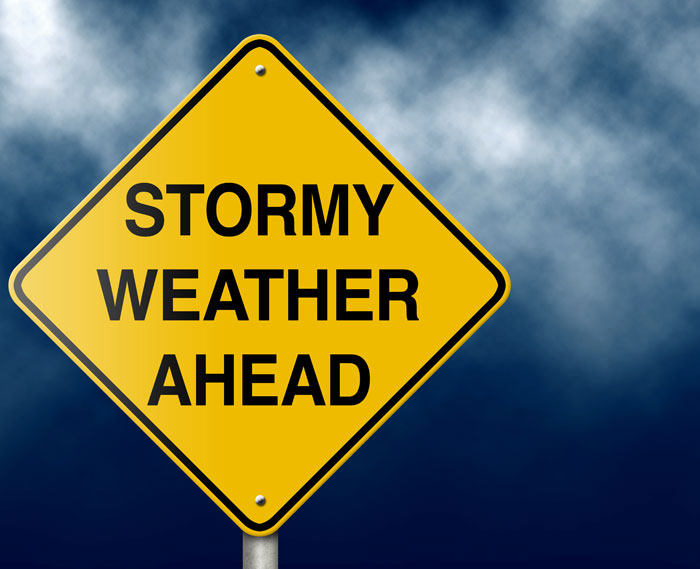
Property Damage Claims Will Become More Difficult With Passage of HB305 & SB76
Florida is always potentially in the path of a deadly storm during hurricane season. Because of that geographic vulnerability, property insurance changes are hotly debated each year during Florida’s 60-day Legislative Session.
Every year seems to bring increasingly active hurricane seasons and, naturally, property insurance rates climb ever higher. Another reality is that insurance companies continue to pursue legislative changes to make it more difficult for Florida’s property owners to file legitimate claims.
SB 76 proposed by the Committee on Banking & Insurance and Senator Boyd (and its counterpart HB 305 sponsored by Representative Rommel) could dramatically reduce the time a property owner has to make an insurance claim as well as how much money an insured can recover for roof damage as well as disincentivize attorneys from handling claims against insurance companies.
These bills are proposing dramatic changes to roof coverage. As the law currently stands, if your roof was damaged in a hurricane your insurance company would be required to replace the cost of the roof with today’s prices minus any applicable deductible. HB305 and SB 76 amend Section 627.7011, F.S. to allow an insurer to provide a reimbursement schedule which provides in part for roof reimbursements of no less than:
- Seventy percent (70%) for a metal roof type;
- Forty percent (40%) for a concrete tile and clay tile roof type;
- Forty percent (40%) for a wood shake and wood shingle roof type; and
- Twenty-five percent (25%) for all other roof types.
These bills also state that “cash value coverage may not apply to a roof if there is a total loss to a primary structure in accordance with the valued policy law under s. 627.702 which is caused by a covered peril.”
If SB 76 and HB 305 pass, an insurance company would only be obligated to pay you what your roof is worth in today’s dollars at the time of the loss and would include a sliding scale where every passing year reduces your recovery. Given how long and hard many insurance companies fight before settling legitimate claims, this bill simply cannot be seen as consumer friendly.
The proposed bills would also dramatically alter the way attorneys get paid. They amend Section 627.428, F.S. to provide that “In an award of attorney fees under this section for a claim arising under a property insurance policy, a strong presumption is created that a lodestar fee is sufficient and reasonable. Such presumption may be rebutted only in a rare and exceptional circumstance with evidence that competent counsel could not be retained in a reasonable manner.”
By making it more difficult for attorneys to be paid to handle these claims, it’s reasonable to expect that there will be far fewer Floridians who will be able to afford to hire an attorney to file legitimate claims against their insurance companies.
The proposed bill would also reduce the time for property owners to file claims for loss or damage caused by any peril (not just windstorms or hurricanes) from three years to two years. In addition, the bill proposes additional procedural requirements for the filing of a lawsuit that will make the filing of a lawsuit more cumbersome.
Please use our Bill Tracker to find out where these and the other bills CALL is monitoring are headed and make your voices known to your own legislators as well as to those who are hearing these bills in committee.

